The request was simple: organize or attend a sign-waving rally supporting Donald Trump. But some of the Florida Republicans on the receiving end of those requests now know that they didn’t come from Republican allies, but from Russian adversaries.
Caught up in an elaborate Russian plot without their knowledge, a handful of these small-time Trump supporters said their votes were not swayed and they didn’t do anything they weren’t happy to do. Still, their interactions with the Russians highlight the ways, both big and small, that the nation’s campaign process was infiltrated.
“I was going to do what I was going to do anyway. I was a Trump supporter, they didn’t convince me,” said Jim Frishe, a real estate development consultant and candidate for county office, who organized a sign-waving event in Clearwater that was part of a statewide series of rallies promoted by the Russians.
The Florida rallies are one small facet of the indictment issued Friday by special counsel Robert Mueller charging 13 Russians and three Russian companies with interfering in the 2016 election. The most detailed allegation of illegal Russian meddling to date, it says they assumed U.S. identities, sowed discord on social media, communicated with “unwitting” Americans and even set up political rallies from afar.
As part of that, the indictment says the Russians used a Facebook group, a Twitter account and other “false U.S. personas” to organize coordinated “Florida Goes Trump” rallies on Aug. 20, 2016. They reached out to campaign staff, grassroots groups supporting Trump, and specific individuals to participate.
Frishe, 68, said he was called by someone identifying themselves as with a group called “Florida for Trump” and asked to organize a sign-waving rally. He said between 15 and 18 people showed up and that he didn’t receive any signs or money or other support. He never heard from them again.
He said he was not overly concerned about the indictment, or his minor role in the drama, and that Russian interference is “nothing new.”
“It’s not surprising,” Frishe said. “It doesn’t have a huge impact in this country.”
Still, the indictment details a sizable effort to disrupt the 2016 presidential election, aimed in part at helping Republican Donald Trump defeat Democrat Hillary Clinton. It involved creating internet postings in the names of Americans whose identities had been stolen; staging political rallies while posing as American political activists; and paying people in the U.S. to promote or disparage candidates.
Lilia Morraz was another person who put together an event. She said she got involved after she encountered the @March—for—Trump account on Twitter, one of the accounts the Russians used.
“I am really active on Twitter. They were saying Trump was not going to be elected. I happened to write to them and say it’s not true,” said Morraz, 60, of Miami.
Morraz said that from there, she was asked about good places to hold a rally in Miami and then “they told me, yes, go ahead and do it.” So she organized an event outside a restaurant that both she and @March—for—Trump promoted. She said hundreds attended and she made signs herself and received no money.
Morraz was skeptical about a Russian plot.
“I just don’t believe it. It’s like everything you see on TV. I don’t believe 90 percent of it,” she said.
Another Florida Republican, Betty Trigueiro, says she didn’t attend the Florida Goes Trump rallies. But her name and phone number were included in a Facebook post promoting the event without her permission.
Trigueiro, 62, of Bradenton, said that in August 2016 she started getting some Twitter messages from people she did not know with details on pro-Trump events. She thinks they may have gotten her contact information from her time as secretary of a local Republican club. She said she never attended any of the events.
While she was troubled that there appeared to efforts to “infiltrate and cause chaos,” Trigueiro wasn’t convinced the outcome was impacted.
“There was too many people that wanted him elected,” she said.
(AP)


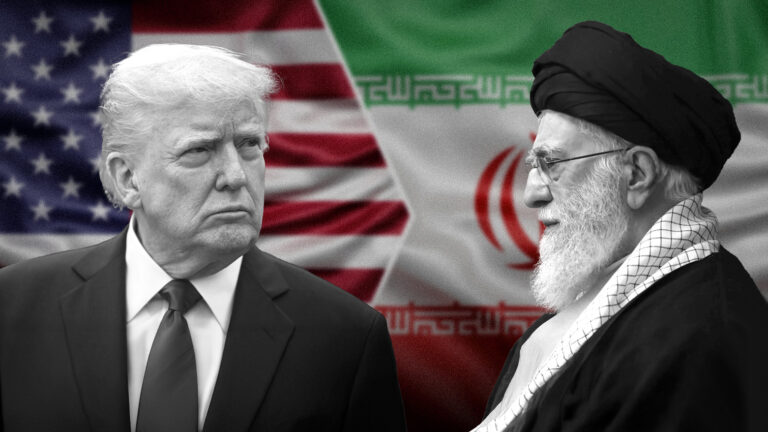
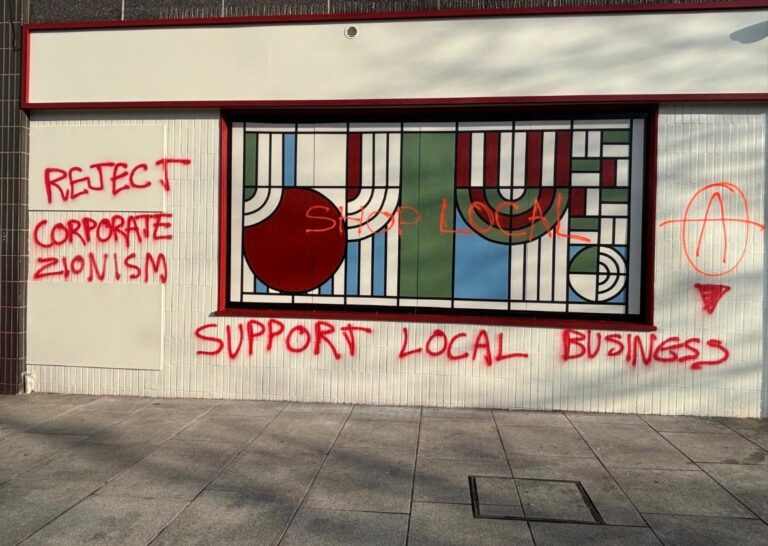
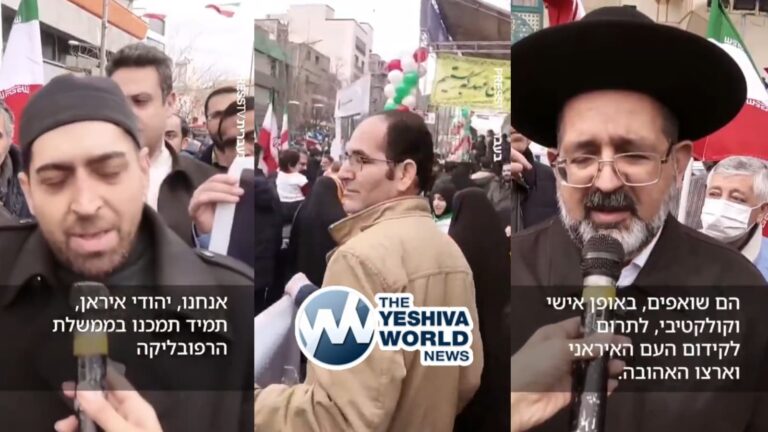
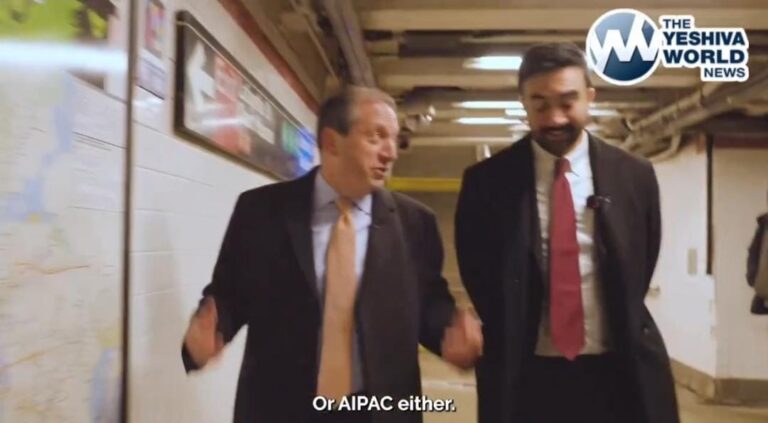
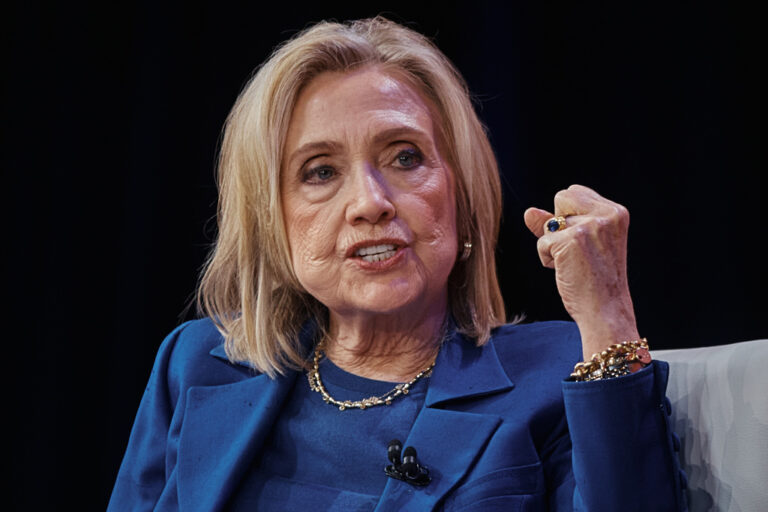
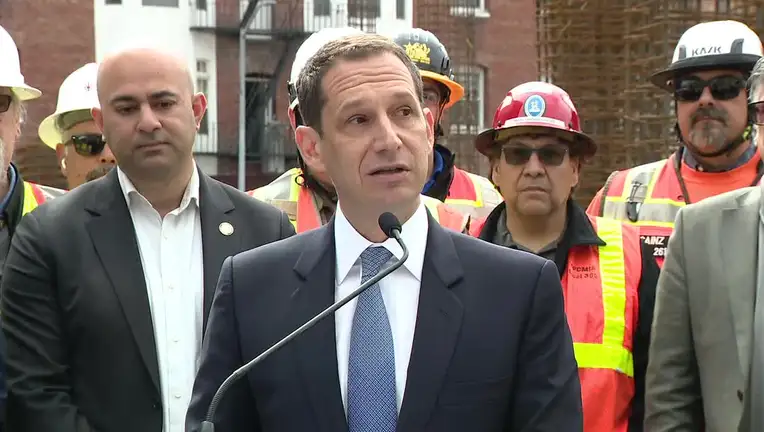
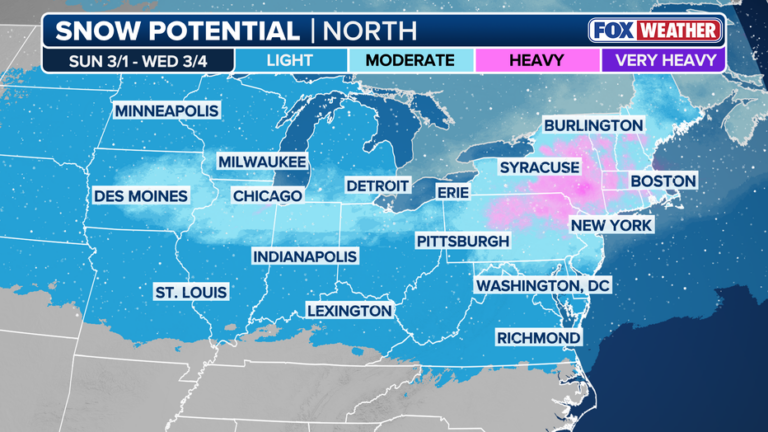
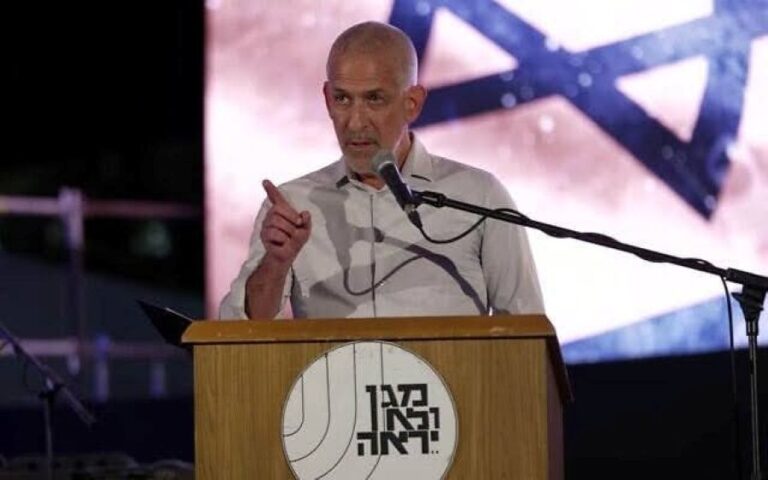


4 Responses
What about Mr Soros? Doesn’t he “pay to sway”?
The “witch hunt” has proven to be anything but. Only a tipish would think that “no one” was influenced, trump won the electoral college, lost the popular vote, by a very thin margin. The Russians aren’t stupid, they targeted the swing states, not Texas. Would the outcome have been different without Russian attack, we’ll never know. But we know we’re still under attack.
Really anonymous AP writer with anonymous sources. Pro-Trump supporters went to rallies for Trump, just happened to see an retweet on twitter, said they didn’t change their minds or were swayed at all, and this is somehow collusion.
But all of those organized astroturf anti-trump rallies after the election isn’t mentioned.
“It doesn’t have a huge impact in this country.”
the bigger and worse impact on the country is that of the news sources that have heavy political leanings!